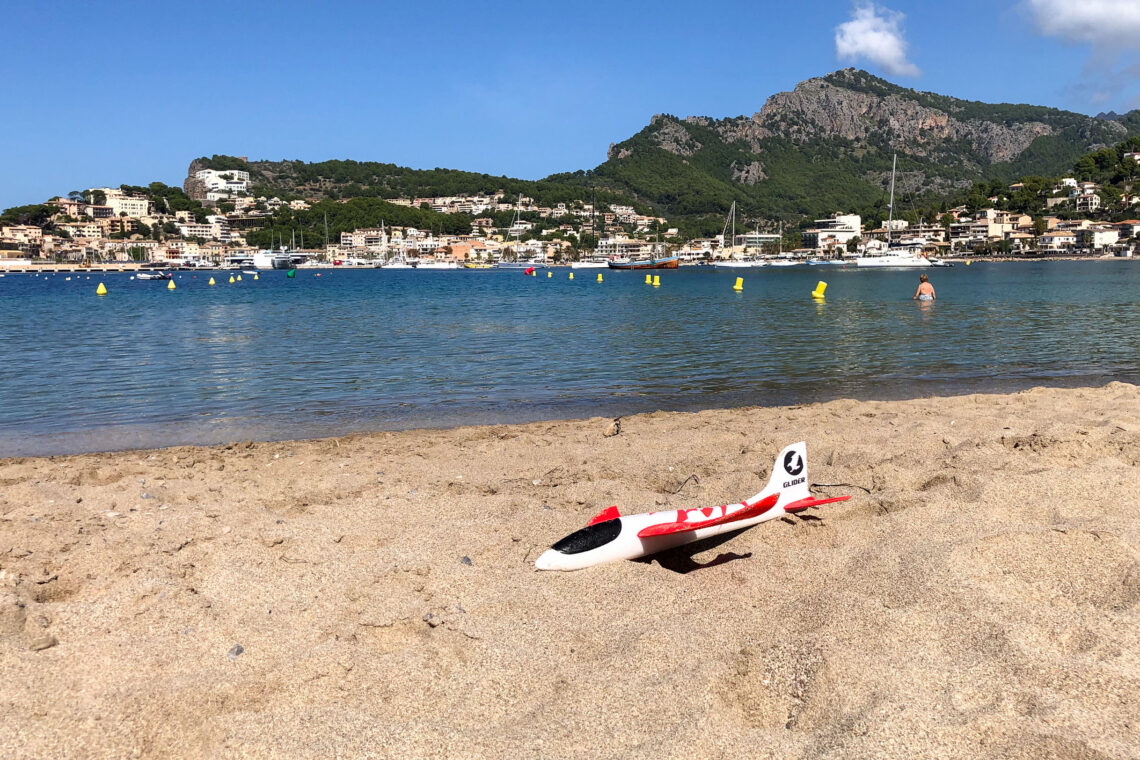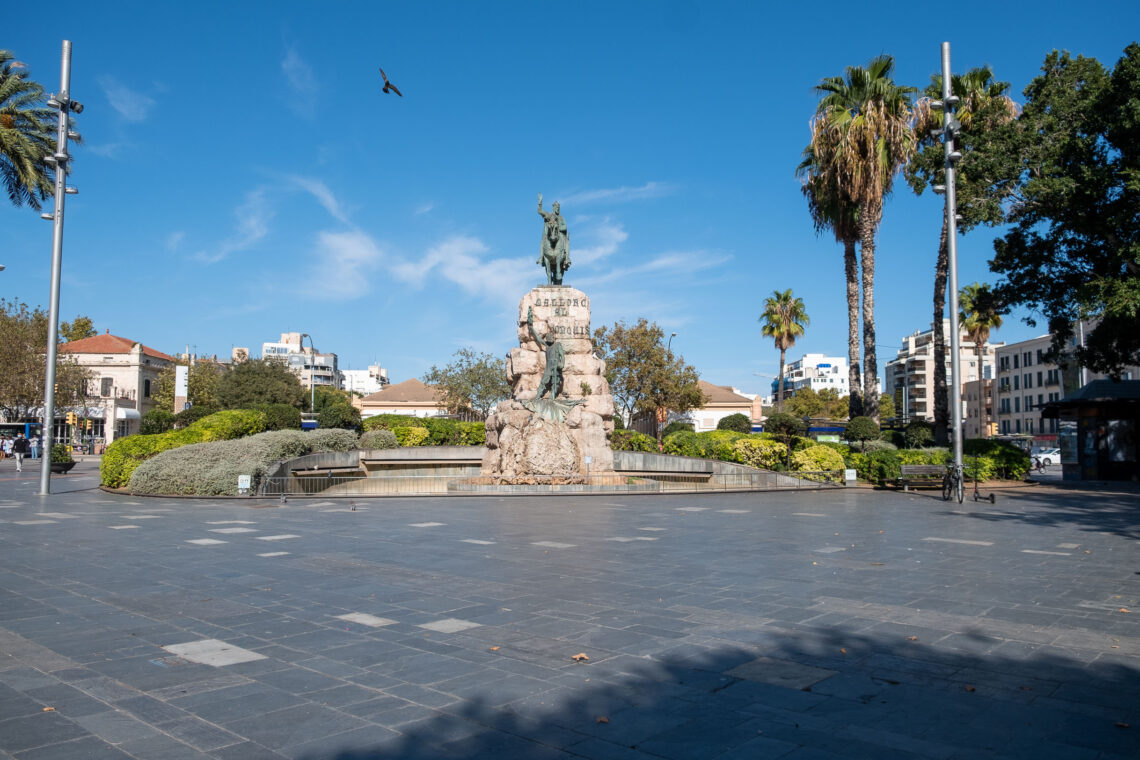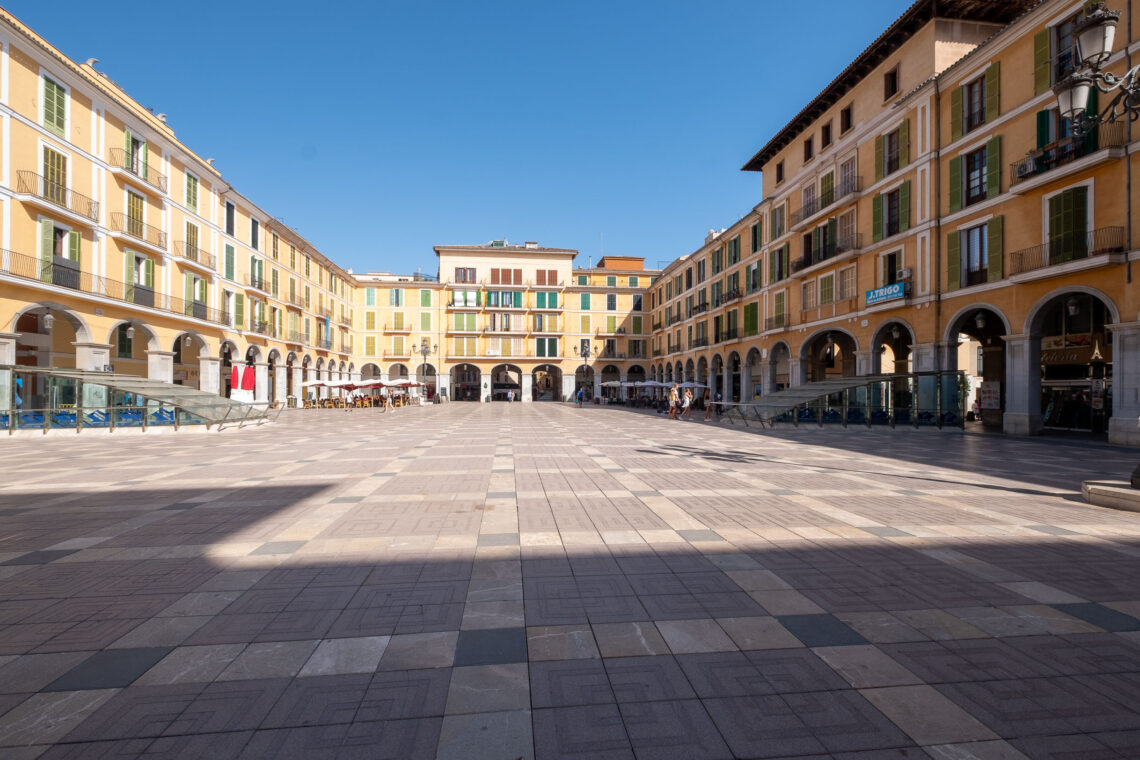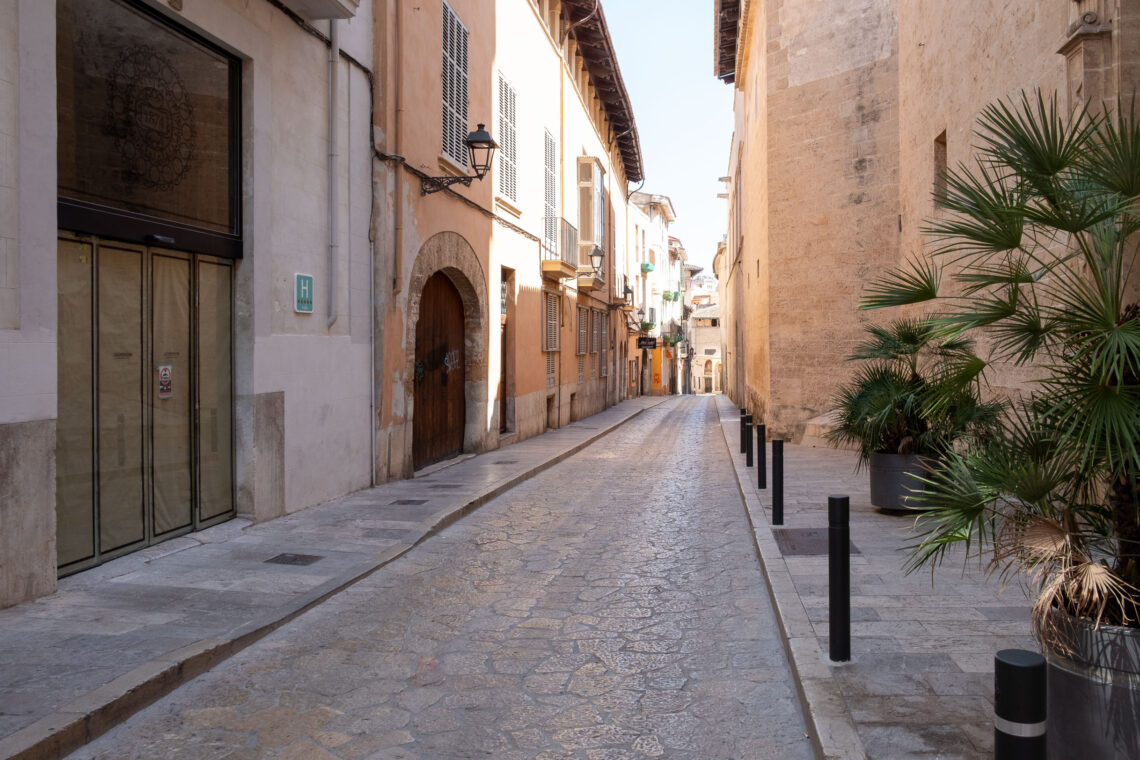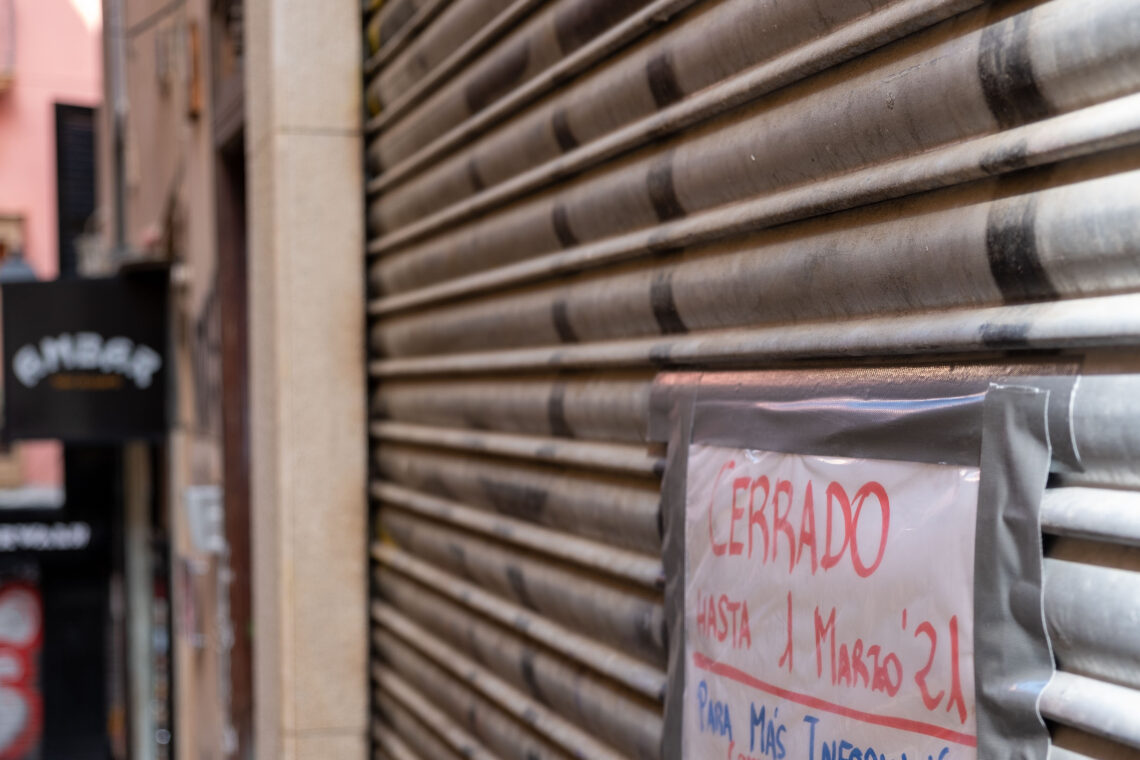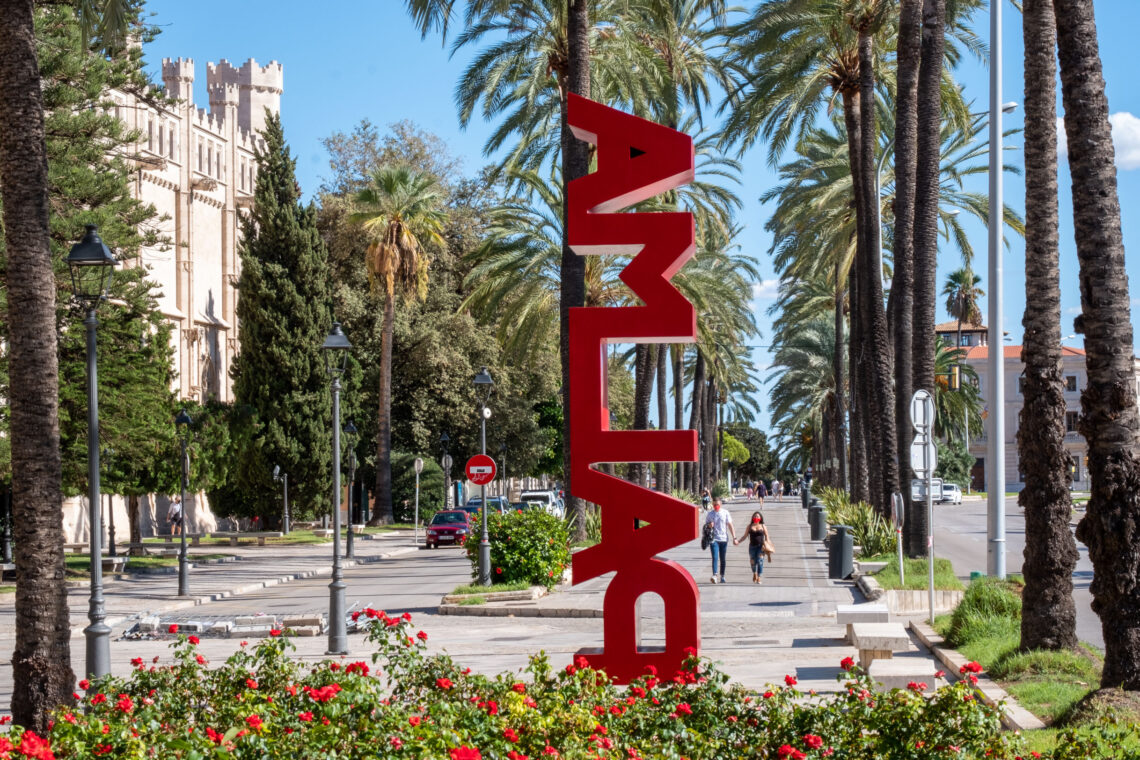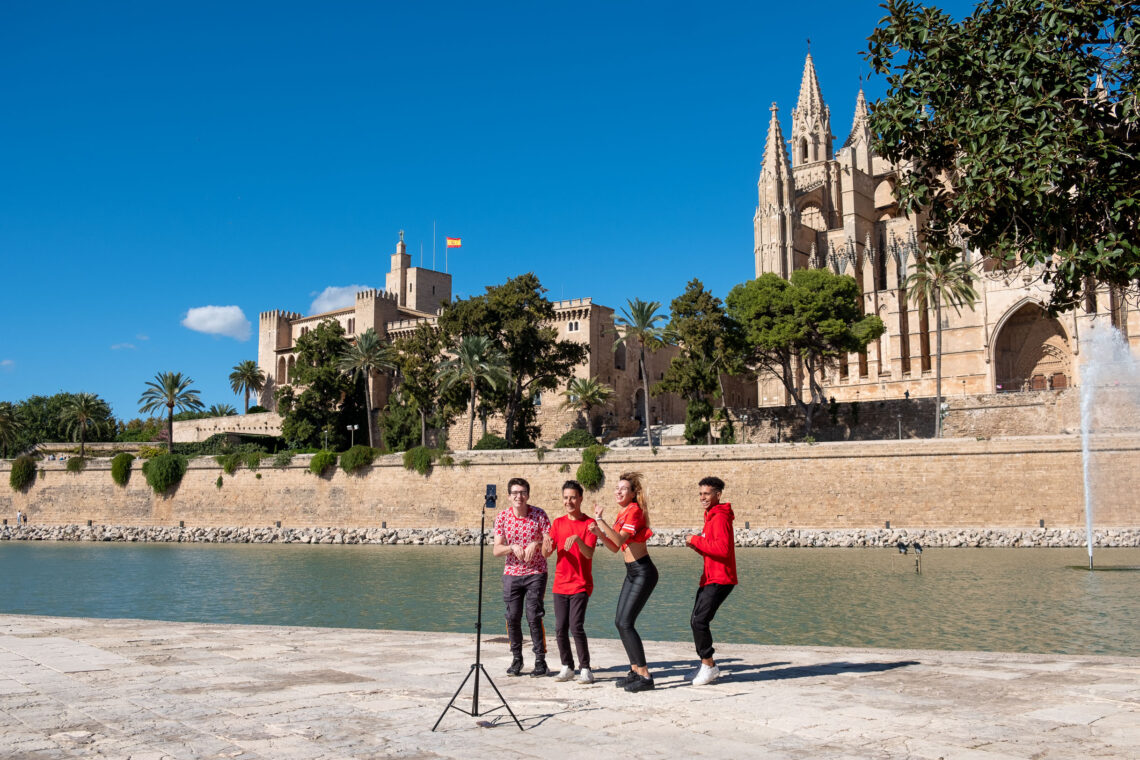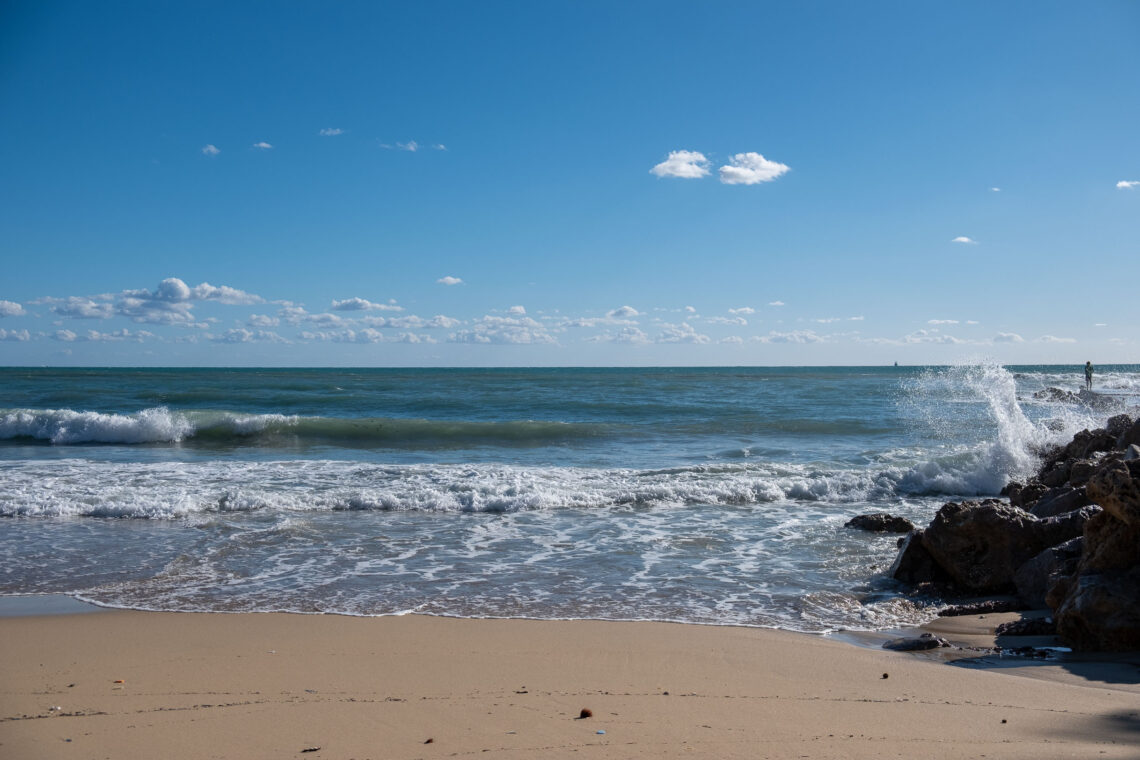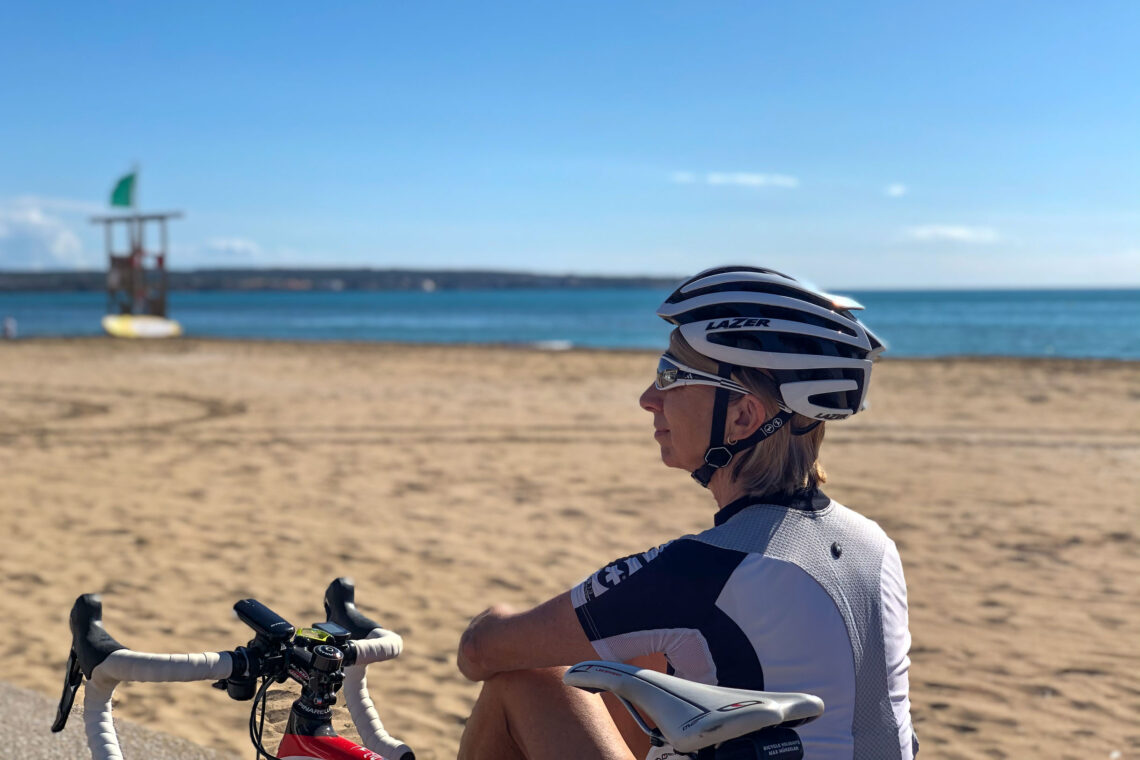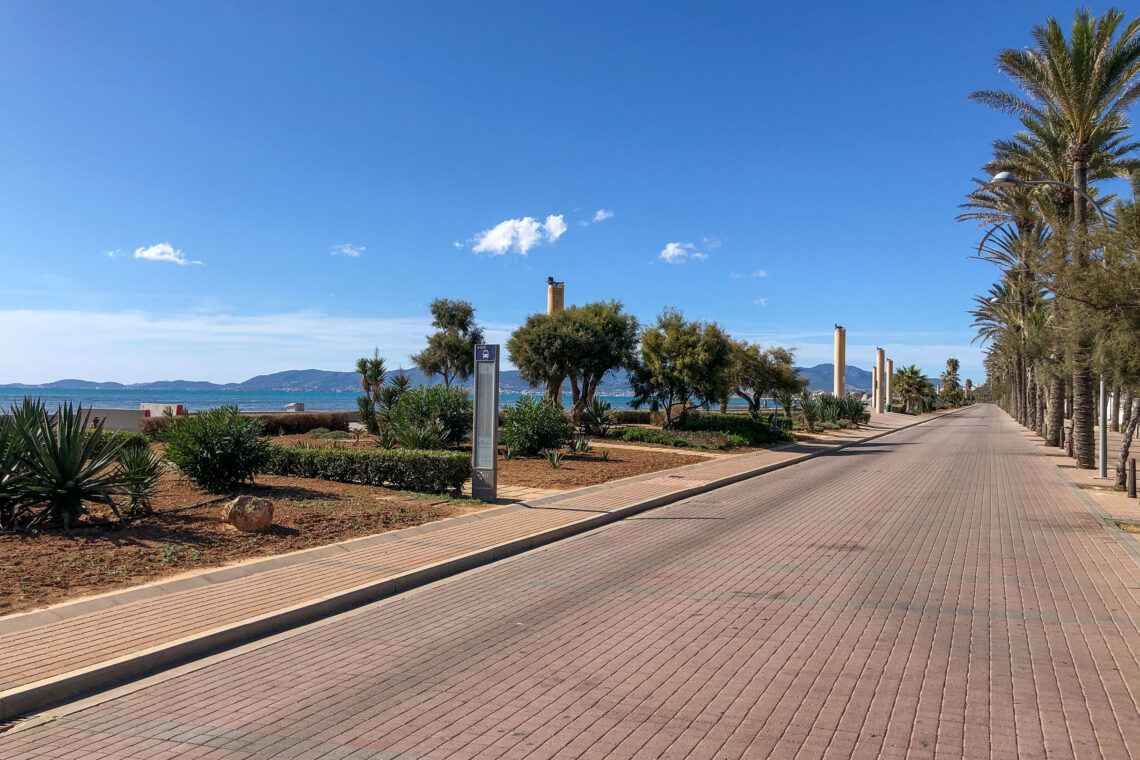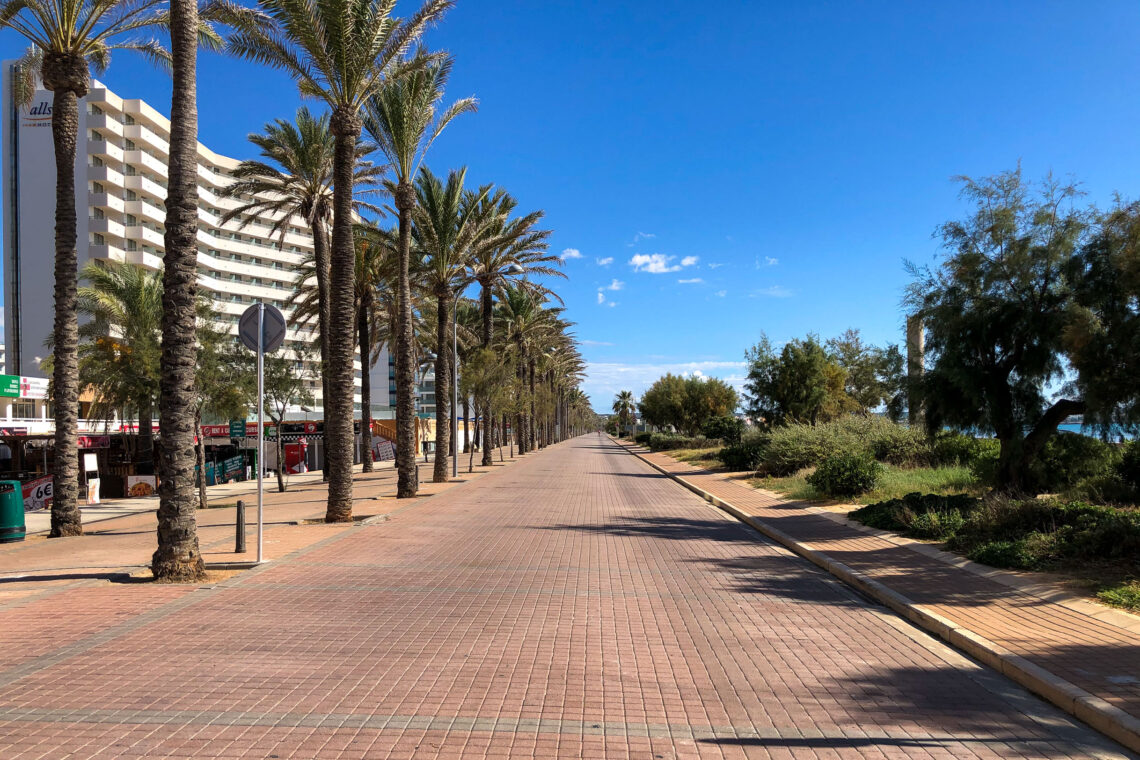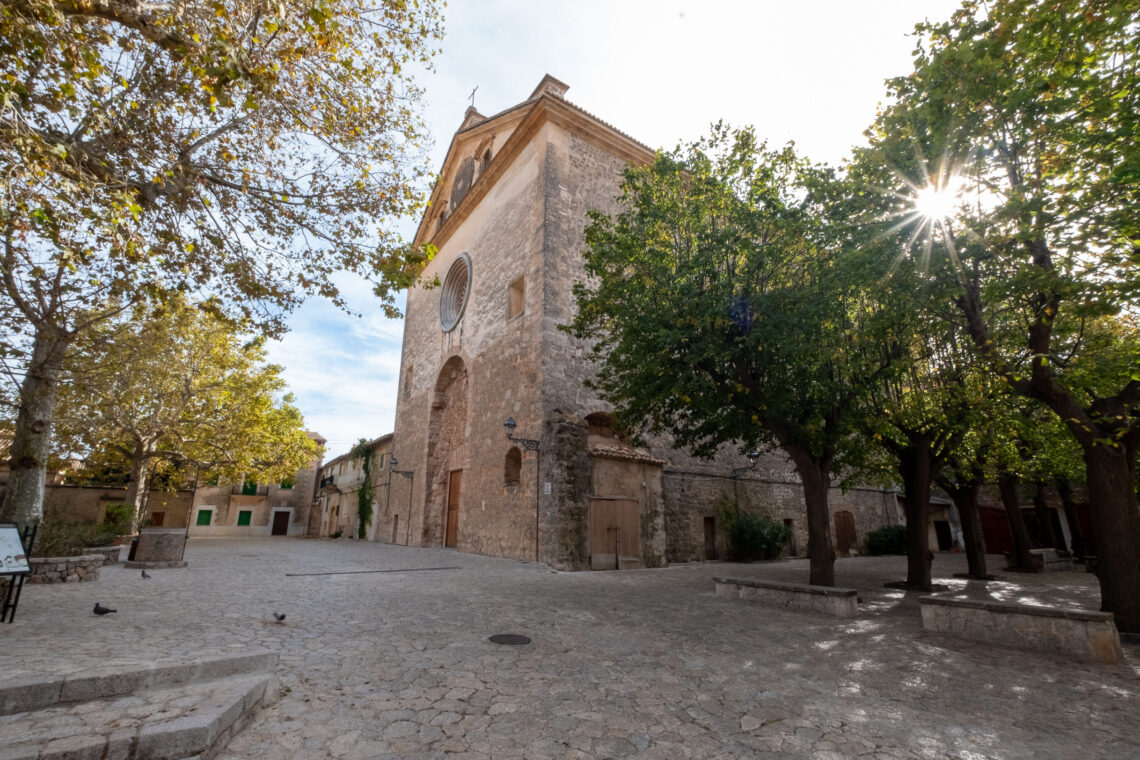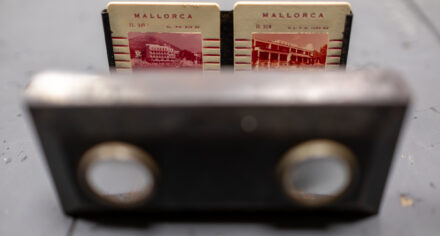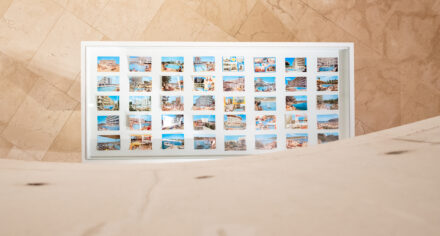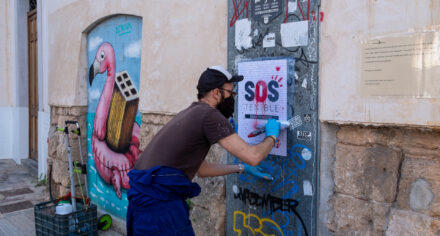From time to time we all dream of the proverbial desert island. Whoever experiences Mallorca today comes very close to this thought. Empty streets and quiet villages, secluded beaches and lonely bays. Where usually hikers, cyclists, golfers and sun worshippers are on the move, life is slowing down. Awesome, on the one hand. If it wasn’t for the nightmare of the pandemic and the resulting economic crisis lurking around the corner.
In October, Cathedral, Almudaina and Parc de la Mar are typically crowded with tourists. Today, a group of young Palmesanos is rehearsing their next TikTok video and the parc is all theirs. Deserted, just like the Playa de Palma. Where I usually have to zigzag around tipsy beach visitors, racing cyclists now have a free run. And this comes true for all of the island. In most restaurants you get a table on the terrace without reservation.
Valldemossa without tourist buses, and for the first time you can really picture George Sand and Frederic Chopin spending the winter here. But I find it increasingly difficult to enjoy the peace and the quiet. What’s missing is the pulsating life, the energy of the city and its people. And while Mallorca is more than ever a dream destination for travelers dreams are bursting for many who live and work on the island permanently.
The risk of infection is hardly any different from Berlin. And not only those who depend on tourism find it difficult to understand why many governments in Europe rely on national isolation instead of regional differentiation. As Spain suffers particularly hard from the pandemic, most people are well aware of the risks of corona. Whoever comes to Mallorca today is not only doing something good for him or herself. But also for all those who live on the island. ![]()

